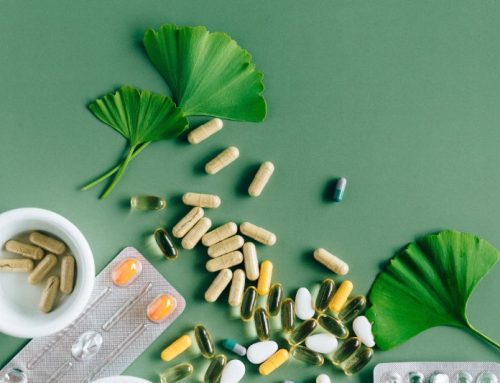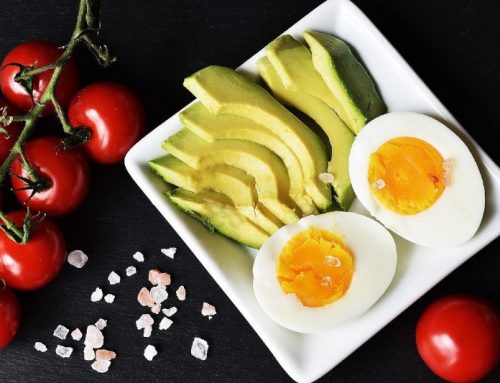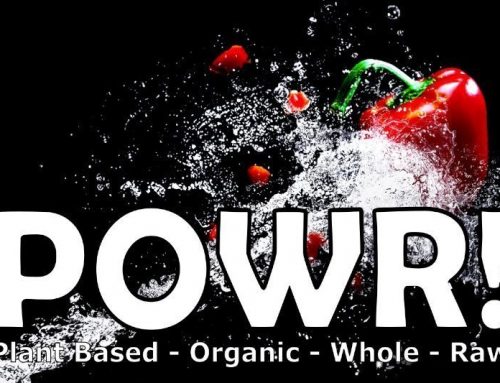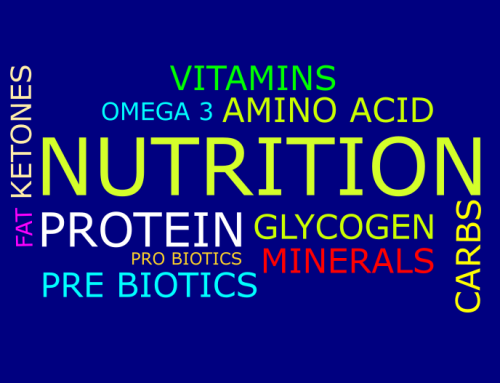Vitamin B12 is of particular concern for vegans as it is exclusively found in animal foods. B12 is the only vitamin that is NOT recognised as being reliably supplied from a varied wholefood, plant-based diet with plenty of fruit and vegetables, together with exposure to sun.
Vitamin B12 is a nutrient that helps keep the body’s nerve and blood cells healthy and helps make DNA, the genetic material in all cells.
Deficiency of vitamin B12 can result in irreversible neurological damage and an increased risk for heart disease.
Vitamin B12 also helps prevent a type of anemia called megaloblastic anemia that makes people tired and weak so it’s pretty important that athletes Have the correct amount.
Most vegans need to take B12 supplements, as there is no other reliable source of this critical vitamin available in a plant-only diet.
These are the only foods that contain Vitamin B12
- Animal foods, including meat, milk, and eggs, contain B12 and are essentially the exclusive source of the vitamin in the American food supply (not counting supplements or fortification).
- Two varieties of edible algae (Dried green (Enteromorpha sp.) and purple (Porphyra sp.) seaweed (nori)) have been found to have active B12, but other algae have inactive B12-analog compounds that have no apparent benefit in animal metabolism.
- Some varieties of mushrooms and some foods made with certain fermentation processes have very small amounts of active B12.
- Plants found in our food supply do not contain B12, though plants grown in experimental settings with B12-enriched soils or water (with hydroponic processes, for example) do actually take up B12.
How Much to Vitamin B12 do you Need?
The answer depends on things including your age, your eating habits and medical conditions, and what medications you take.
The average recommended amounts are:
- Adults: 2.4 mcg (2.6 mcg per day if pregnant and 2.8 mcg per day if breastfeeding)
With age, it can become harder to absorb this vitamin. It can also happen if you have had weight loss surgery or another operation that removed part of your stomach, if you drink heavily, or if you’ve taken acid-reducing medications for a long time.
You are also more likely to develop Vitamin B12 deficiency if you have these conditions
- Atrophic gastritis, in which your stomach lining has thinned
- Pernicious anemia, which makes it hard for your body to absorb vitamin B12
- Conditions that affect your small intestine, such as Crohn's disease, celiac disease, bacterial growth, or a parasite
- Immune system disorders, such as Graves' disease or lupus
So as a Vegan how can I be sure to get enough Vitamin B12?
As a Vegan you have three options:
You can change your diet to include vitamin B12-fortified foods: fortified breakfast cereals and Milk alternatives are a readily available source of vitamin B12 with high bioavailability for vegetarians. Some nutritional yeast products also contain vitamin B12.
Or you can, take a supplement or get B12 injections.
Older adults who have a vitamin B12 deficiency should take a daily B12 supplement or a multivitamin that contains B12.
What kinds of vitamin B12 dietary supplements are available?
Vitamin B12 is found in almost all multivitamins. Dietary supplements that contain only vitamin B12, or vitamin B12 with nutrients such as folic acid and other B vitamins, are also available.
What happens if I don’t get enough vitamin B12?
Vitamin B12 deficiency causes tiredness, weakness, constipation, loss of appetite, weight loss, and megaloblastic anemia. Nerve problems, such as numbness and tingling in the hands and feet.
Large amounts of folic acid can hide a vitamin B12 deficiency by correcting megaloblastic anemia, a hallmark of vitamin B12 deficiency. But folic acid doesn’t correct the progressive damage to the nervous system that vitamin B12 deficiency also causes. For this reason, healthy adults should not get more than 1,000 mcg of folic acid a day.
How does Vitamin B12 affect Energy and Athletic performance?
Many Supplement manufacturers promote vitamin B12 supplements as a way to increase energy or endurance. Other than in people with a vitamin B12 deficiency there’s no evidence to show that vitamin B12 supplements increase energy or improve athletic performance. But not having enough Vitamin B12 will certainly have a negative impact on your performance.
To get the full benefit of a vegan diet, vegans should do one of the following to ensure they get enough Vitamin B12
If relying on fortified foods, check the labels carefully to make sure you are getting enough B12. For example, if a fortified plant milk contains 1 microgram of B12 per serving then consuming three servings a day will provide adequate vitamin B12. Others may find the use of B12 supplements more convenient and economical.
The less frequently you obtain B12 the more B12 you need to take, as B12 is best absorbed in small amounts. The recommendations above take full account of this. Because Vitamin B12 is a water-soluble vitamin there is no harm in exceeding the recommended amounts or combining more than one option.
The Institute of Medicine, in setting the US recommended intakes for B12 makes this very clear. "Because 10 to 30 percent of older people may be unable to absorb naturally occurring vitamin B12, it is advisable for those older than 50 years to meet their RDA mainly by consuming foods fortified with vitamin B12 or a vitamin B12-containing supplement."
The figures in brackets are the EU recommended Nutrient Reference Intake (NRV):
- Vitamin B2 (1.6mg - 114%)
- Vitamin B6 (2mg - 143%)
- Vitamin B12 (25µg - 1,000%)
- Vitamin D3 (20µg - 400%)
- Folic Acid (200µg - 100%)
- Iodine (150µg - 100%)
- Selenium (60µg - 109%)
VEG 1 is a nutritional supplement developed by The Vegan Society in the UK, it provides a reliable vegan source of vitamin B12, iodine, vitamin D and selenium at a very low price. You can order it here.
Note; You need to tell your doctor, pharmacist, and other healthcare providers about any dietary supplements and medicines you take. They can tell you if those dietary supplements might interact or interfere with your prescription or over-the-counter medicines or if the medicines might interfere with how your body absorbs, uses, or breaks down nutrients.






Leave A Comment
You must be logged in to post a comment.